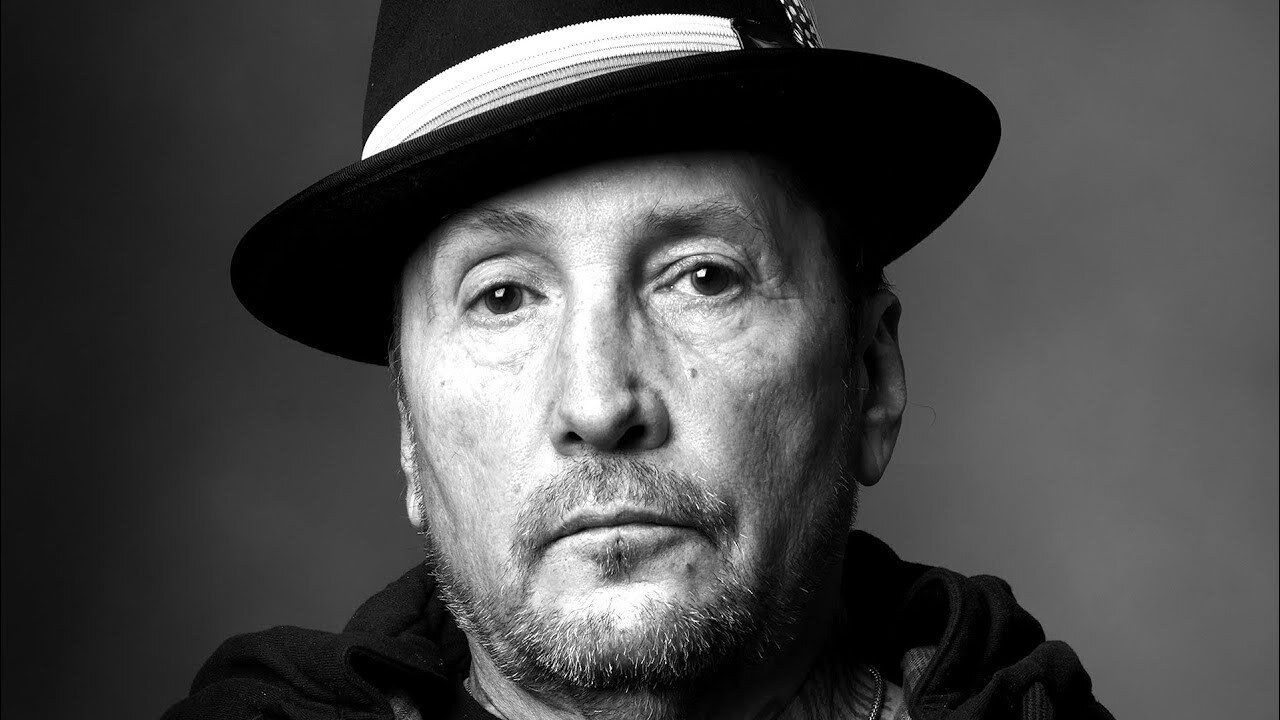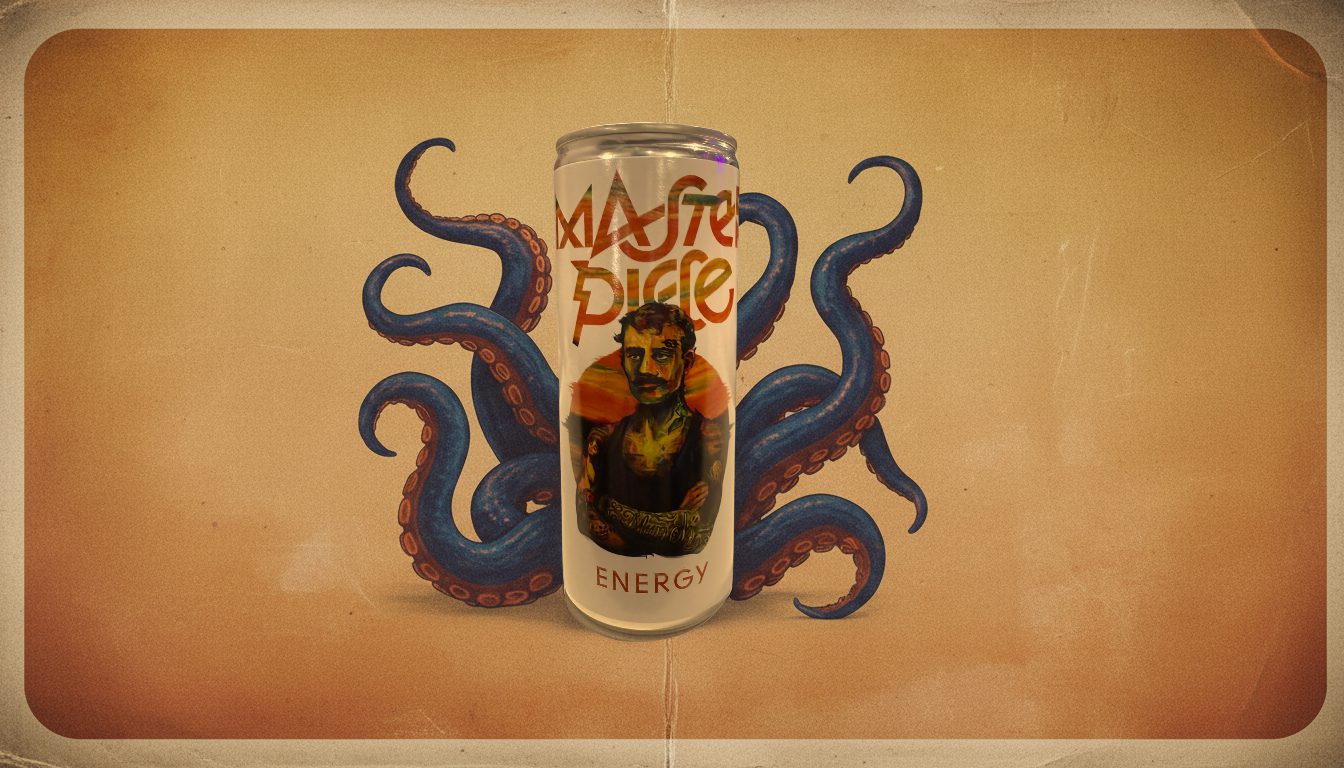Tattoo styles
Tattoo Style: Realism – Art on Skin
Tattooing has existed for thousands of years, but few styles have captured attention quite like realism in recent decades.
A realism tattoo can be anything from a portrait of a loved one, a religious symbol, a tribute to your favorite team – or simply a design you want to wear proudly for life. Demand is higher than ever, especially when the work is done by the most skilled realism artists in the industry.
The history of realism tattoos
While tattooing itself has an ancient history, photorealism on skin is a relatively new art form. Realism first emerged in the mid-1800s, inspired by the invention of photography. Artists moved away from abstract styles and began recreating the world as the eye saw it.
In tattooing, realism became recognized during the 20th century, and pioneers such as Freddy Negrete and Jack Rudy helped define the style.

The pioneers: Freddy Negrete & Jack Rudy
Freddy Negrete began developing the black-and-gray style while incarcerated, creating homemade machines and inking designs that honored family, faith, and culture. After his release, he brought this style into professional studios, popularizing iconic motifs like “Smile Now, Cry Later.”
At the same time, Jack Rudy perfected the use of single-needle tattooing, enabling lifelike portraits and unmatched detail. Together, Negrete and Rudy laid the foundation for black-and-gray realism – shaping it into one of the most respected tattoo styles worldwide.
Techniques in realism tattooing
Creating photorealistic tattoos requires precision and technical mastery. Common techniques include:
- Shading and gradients to create depth and texture
- White ink highlights for 3D effects
- Varied needle sizes for different levels of detail
Each artist has their own preferred methods, making every realism tattoo unique.
Styles within realism
There are many branches of realism, but two main categories dominate:
- Black & Grey realism: Using contrast and grayscale shading to create depth. Ideal for portraits and dramatic designs.
- Color realism: Strong pigments that bring tattoos to life, enhancing the interplay of light and shadow.
- Mikro realism: Small realistic tattoos
Within these two categories, endless variations exist – giving every realism tattoo a distinct character.
Realism today
In recent decades, realism tattoos have evolved enormously. Modern materials, advanced needles, and cutting-edge equipment make it possible to create skin art with a level of detail once thought impossible.
At Masterpiece Tattoo in Oslo, you’ll find some of Norway’s most skilled realism artists – ready to create a unique expression, whether you want a classic black & grey or a vibrant color realism piece.
⭐ Summary: Realism tattoos combine technical precision with artistic expression. Whether it’s a portrait, a symbol, or a design entirely your own, our artists can help you carry a piece of art on your skin – for life.
